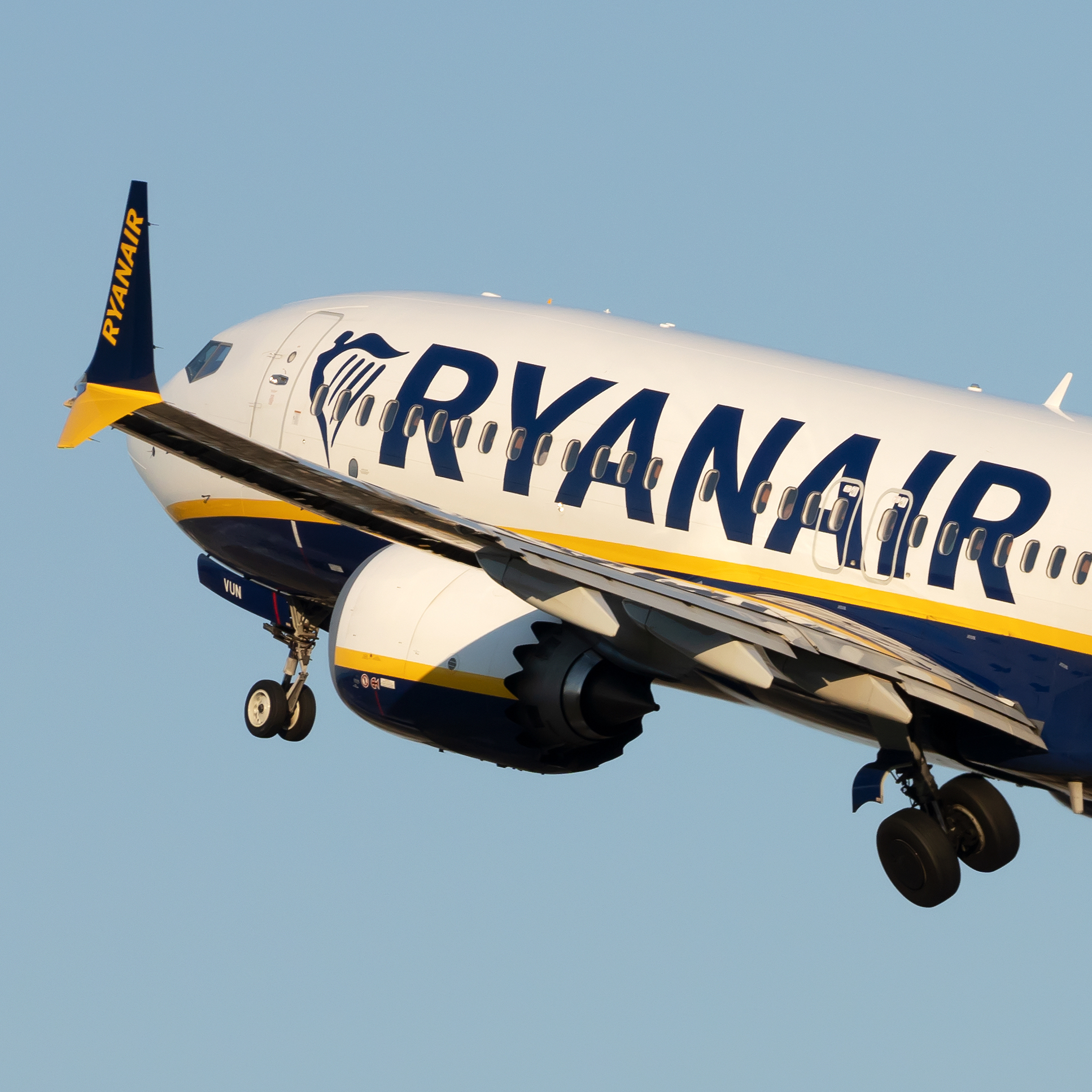Ryanair Just Had its Busiest Month Ever, But That Won’t Stop it Complaining

Skift Take
The largest airline in Europe has recorded its busiest month ever. In June, Ryanair carried 19.3 million passengers across the group, which includes subsidiaries such as Lauda and Buzz.
This was the first month in the company’s history to see more than 19 million travelers, comfortably beating the previous record of 18.7 million in August 2023. On a like-for-like basis, June 2024 saw 11% more passengers than June 2023.
Ryanair’s load factor, a key industry metric indicating the percentage of occupied seats on a plane, was unchanged from a year earlier at 95%. On average, this means Ryanair filled 19 out of every 20 seats it placed on sale for June.
Filling planes is critical for any low-cost airline, but especially so for Ryanair. During an earnings call in May, Ryanair Group CEO Michael O’Leary said the company would adopt a “fare passive, load-factor active” strategy to combat any weakness in demand.
The airline knows that if it can attract customers with an attractive headline fare it will be well placed to up-sell highly profitable ancillary products and services.
But Not Everything is Going Ryanair’s Way
The milestone comes just days after the Dublin-based operator slammed the state of Europe’s air traffic control (ATC) system. On June 28, Ryanair chief operating officer Neal MacMahon called on EU Commission President Ursula von der Leyen to “take action to urgently reform Europe’s shambolic ATC services.”
This came as 1 in every 4 of Ryanair’s morning departures was delayed due to alleged ATC staff shortages and equipment failures.
More broadly, Ryanair says it was forced to cancel almost 400 flights due to ATC problems last month. While this only represents around 0.37% of all departures, summer season flights are particularly important for the airline as they typically command a higher fare.
ATC-linked cancellations can also be expensive. While no formal compensation is payable to passengers, any overnight accommodation or rebooking costs are usually covered by the airline.
The International Federation of Air Traffic Controllers’ Association previously said the delays caused by the staffing shortages cost around 800 million euros. The association partly attributed the staffing shortages to a reduction in hiring and training new air traffic controllers to cut down on costs.
IFATCA executive vice president Frederic Deleau told Skift that too little recruitment in the past decade and early retirement packages during the pandemic had also contributed to the shortage.
Ryanair’s Boeing Headaches
While ATC woes are impacting almost every major European airline this summer, Ryanair also has beef with Boeing. The company is the U.S. planemaker’s largest customer in Europe with more than 500 jets in its fleet and hundreds more on order.
However, despite its VIP customer status, Ryanair has still been left short for the all-important summer season. The airline has around 20 fewer Boeing planes in its fleet than expected for the 2024 peak.
Removing around 20 aircraft from a fleet of hundreds may seem fairly modest, but context is key. The new deliveries are for an optimized version which Ryanair calls the Boeing 737-MAX8200. Along with 16% lower fuel costs, these jets can carry up to 197 passengers – more than the 189 on Ryanair’s older planes. This makes them much more profitable than the aircraft they replace.
O’ Leary previously said he was “very disappointed” with the situation. Speaking to Skift in March before Boeing announced an overhaul of its senior management team, the Ryanair chief called out “corporate bullsh*t” at the U.S. plane maker.
The Federal Aviation Administration has said it will not grant any expansion of production for the 737 Max program. This followed a serious incident onboard an Alaska Airlines plane on January 5 when a door plug blew off mid-flight.
The FAA decision makes it much harder for Boeing to ramp up deliveries to airline customers.
Airlines Sector Stock Index Performance Year-to-Date
What am I looking at? The performance of airline sector stocks within the ST200. The index includes companies publicly traded across global markets including network carriers, low-cost carriers, and other related companies.
The Skift Travel 200 (ST200) combines the financial performance of nearly 200 travel companies worth more than a trillion dollars into a single number. See more airlines sector financial performance.





